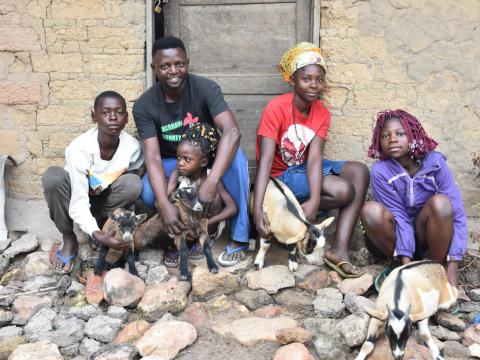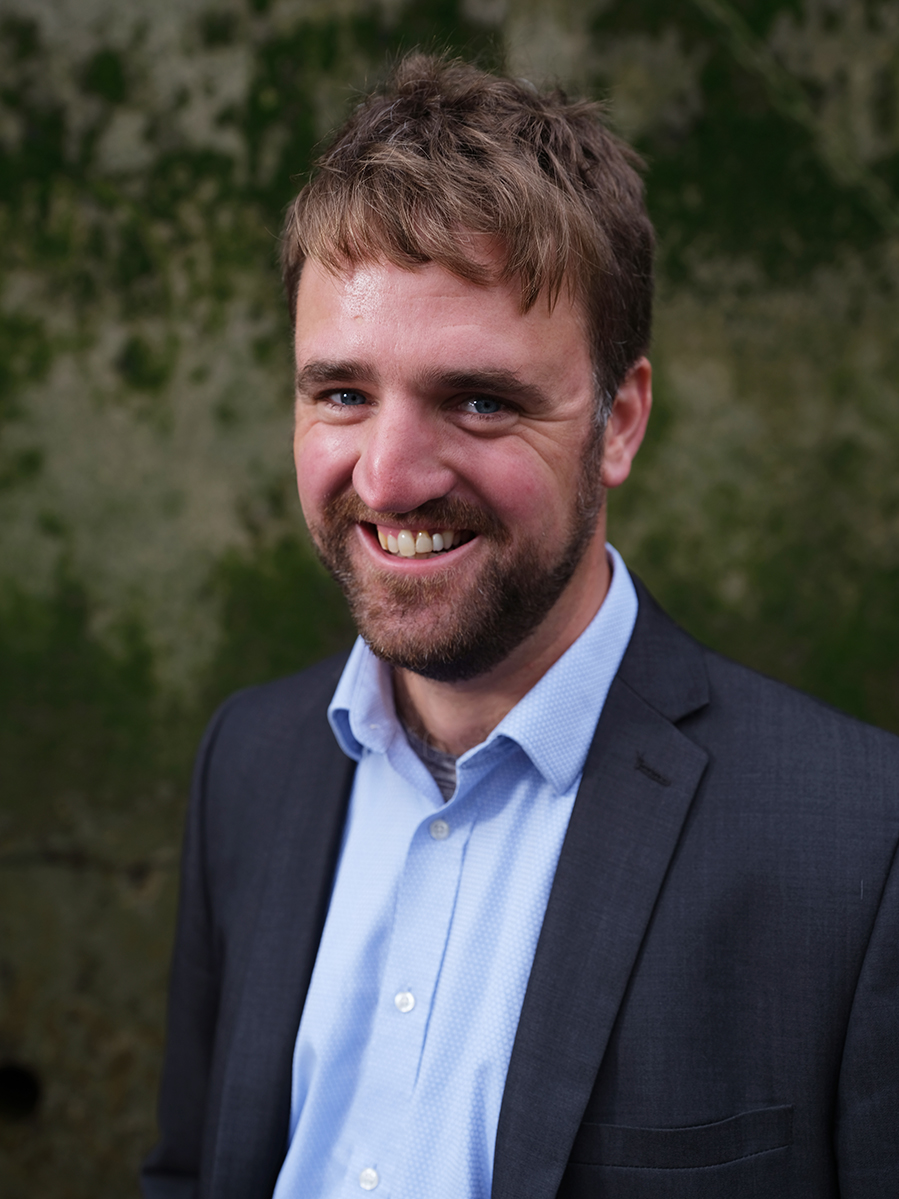
Challenging choices: decision-making in the nexus
Security expert Johan Eldebo says everyone, including donors, need take into account ambiguity, especially in fragile contexts
9 May, 2022
Making decisions in places such as eastern DRC or Mozambique is hard.
There are conflicts between a myriad of armed groups, government forces, and UN peacekeepers with complex risk-management. Poverty levels are high. There is a pandemic going on. The volcano next door could erupt soon. The clouds on the horizon could turn into a cyclone, as climate change grows. And that is just your external context.
Internally, there are budgets to manage, grants to win, employment contracts to extend, leadership teams to manage, and negotiating different personal opinions and dynamics. Making decisions on risky topics can make or break a career, and the incentive to make hard decisions or avoid them can vary greatly.
In these contexts, we often talk about the ‘triple nexus’, the place where development, humanitarian and peacebuilding meets. They are also fragile contexts, where the government is often unable to fully meet the needs of its people. These places can also pose security risks to staff.
As a Regional Security Director, I am unlikely to ever fully grasp the complexity of a situation, as the internal and external context is not only complex but also changing. One aspect of my role is to facilitate a solid understanding of the big picture for those who need it and to try to anticipate what may happen next. That anticipatory posture then assists with organisational decision-making by identifying the decisions that actually need to be made.
Strategically, it is crucial we identify the right decisions to make, so that we solve the right problem. This is why we ensure the right people are involved in the decision-making process, and why the process must be both participatory and anticipatory.
The participatory nature ensures we get the right people involved and make decisions on the matters where decisions need to be made. Local participation also ensures we can make decisions in such a way that makes sense in that particular context and at the time they are needed.
The anticipatory nature ensures we look forward to what is about to happen, enabling us to plan for the operational reality we are likely to find, rather than that which has already passed. To be anticipatory means we need to accept uncertainty as an essential part of good decision-making. Once we believe we are certain we are often no longer talking about the current reality of operations, but have strayed into either history or academia. Focusing on the future helps us resist that temptation.
World Vision’s GECARR (Good Enough Context Analysis for Rapid Response) approach for context analysis has been used for this purpose, and it connects directly with our FCPA (Fragile Context Programme Approach). FCPA is our approach to design operations based on scenario-planning with contingency plans built into the base design. This allows for easier adaptations when needed, as we have seen through our experiences in places such as DRC and South Sudan.
Participatory context analysis helps address another common problem in humanitarian decision-making, the tension between efficiency and resilience. Efficiency is often driven by primarily western priorities such as cost-cutting, just-in-time and low margins. Efficiency is also often measured by adherence to established and quantified data, which by its nature paints a picture of what has already taken place. Crucially, it does not necessarily paint a picture of what is about to happen, which is where participatory insights from a carefully selected group of people can help balance those decisions.
As the pandemic and the war in Ukraine have shown far too clearly, there is also a need for resilience, spare capacity, and safety margins to operate effectively and safely in difficult areas, notably when trying to be flexible across the nexus with different types of programmes.
This means that there is a significant need for donors to provide the right incentives for operating agencies to plan for adaptations as part of the normal programme cycle. Funding streams need to enable, and possibly even require, the ability to prepare for the unexpected and to adapt to it quickly as needed in uncertain and ambigous time before certainty is possible.
Some key steps urgently needed, as identified by researchers including Leah Zamore at the New York University’s Center on International Collaboration and presented together with World Vision at the 2022 Humanitarian Networks and Partnership Week in Geneva are the following:
- Investment into collaborative context analysis and adaptive programming to drive and enable such actions
- Flexible and long-term funding that enables good incentives for triple-nexus operations and allows sensible risk-taking
- A switch towards more anticipatory action, where agencies can act more in advance of crises, including with staff trained in risk and security management, resources and pre-positioning of supplies.
Johan Eldebo is World Vision's Regional Security Director for Southern Africa. Johan has more than a decade’s experience of working in fragile contexts across Africa and the Middle East. He has worked with NYU Center on International Collaboration as a Visiting Scholar and published on humanitarian decision-making for NYU and other outlets. Follow Johan on Twitter @johaneldebo



